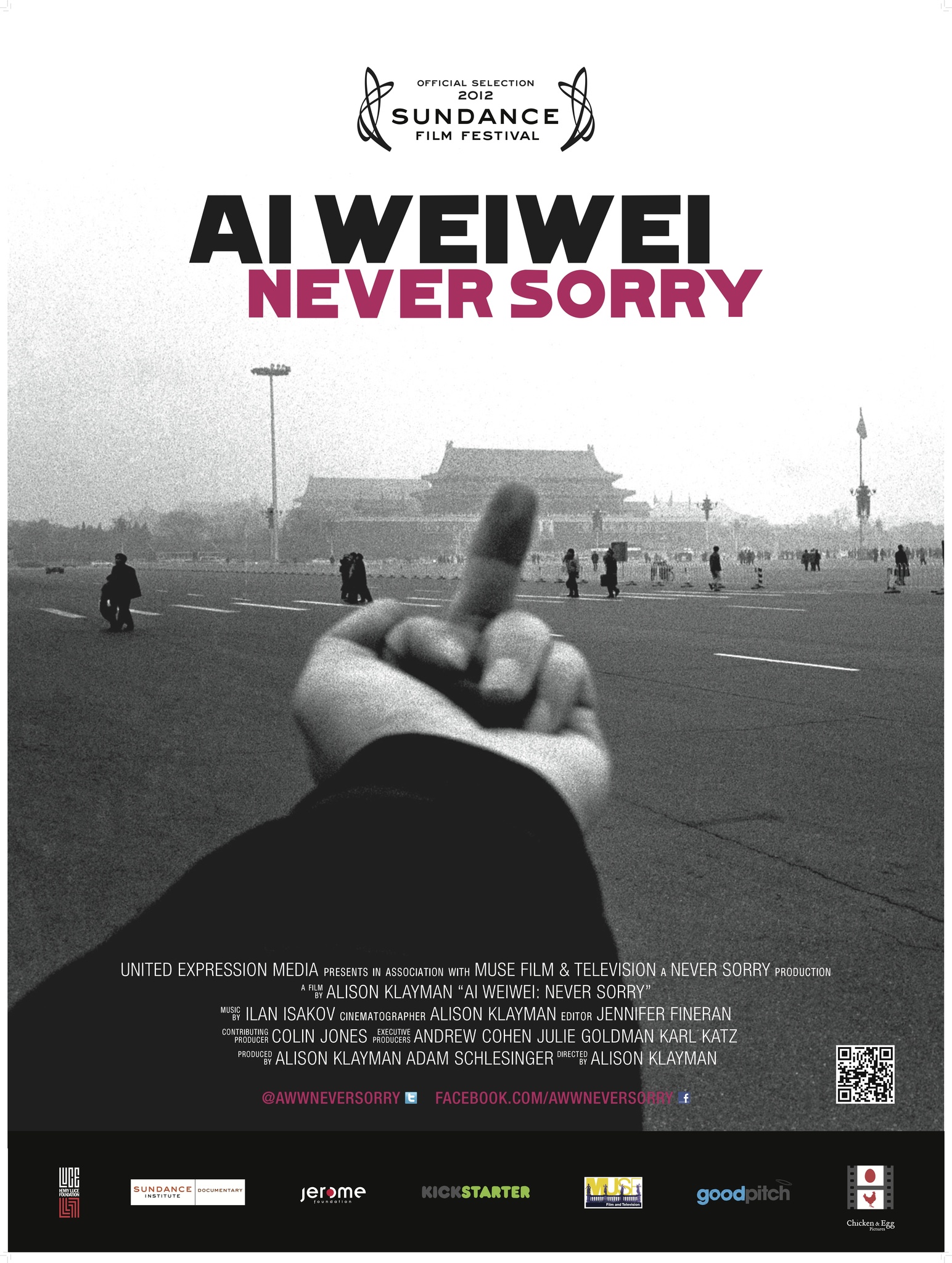Ai Weiwei, Shutterstock, and oh, I don't know, comparing it all to life?
"I think I’m actually an eternal optimist. I think optimism is whether you are still exhilarated by life, whether you are curious, whether you still believe there are possibilities. From this perspective, I am very much an optimist.” –Ai Weiwei
I finished up Ai Weiwei’s documentary tonight and something he talked about reminded me of something else that happened today.
This morning, I was working on an ad that required a kitchen scene, something involving people, families, couples, cooking around kitchen appliances. My Shutterstock image search started pretty basic, narrowing down results with phrases like “cooking, oven” or “family baking”. But as I noticed women being the primary subject matter in most of these, I started searching for “man cooking” or “man in kitchen”. I made a joke around the office about me sneakily infiltrating new ideas about gender roles into the workplace.
Naturally, I started thinking about social norms and all that jazz and found myself typing in, “homosexual couple cooking” and “gay couple cooking”. The result? 7 images for “homosexual…” and 5 for “gay couple…” out of the 5,500 images I was receiving for searching, “couple cooking”.
At first my reaction was indifferent; the results didn’t surprise me. Then I thought maybe it was good that Shutterstock even had images for those search terms anyway. Should I be happy with a mere 12 photos in a pool of 5,500? Then I thought about how half of the 12 images were stereotypically-based. I saw two, butch-looking lesbians with cropped hair in “manly” t-shirts. Am I happy just to have the 12? Or do I look more closely and demand that if we’re going that route, we might as well do it more accurately?
I still had been pondering this over throughout the night as I finished watching Never Sorry. At one point in the documentary, there’s a discussion about why some opponents of Ai Weiwei criticize him. Basically, those critics say that China has in fact come a very long way, socially, politically, etc.. They say that from Ai Weiwei’s body of work, one would think that China has not taken any steps in listening to the wants and needs of its own people.
In response, Weiwei’s artistic counterparts vouch for him. New Yorker staff writer, Evan Osnos says, “China has improved radically over the last generation and there’s this tendency to say, “Well the things that are still not perfect are Chinese characteristics,” or “They are understandable,” and he [Ai Weiwei] says, “That’s not good enough.” And I think you have to have people like that in a society.
I know it’s comparing apples and oranges, but this small-scale Shutterstock image search reminds me of Weiwei’s refusal to settle. 12 images is NOT enough.
Maybe I’m especially sensitive to it because people are always telling me to quit at things. Don’t get your hopes up, don’t wish for that, it’s just _________ so don’t try too hard, etc., etc., in jobs, in friendships, in life. Or maybe I’m just an optimist, “still believ[ing] there are possibilities.”
(P.S. Sometimes though, the sea of pessimists seems a bit too much. How do you deal with that?)
